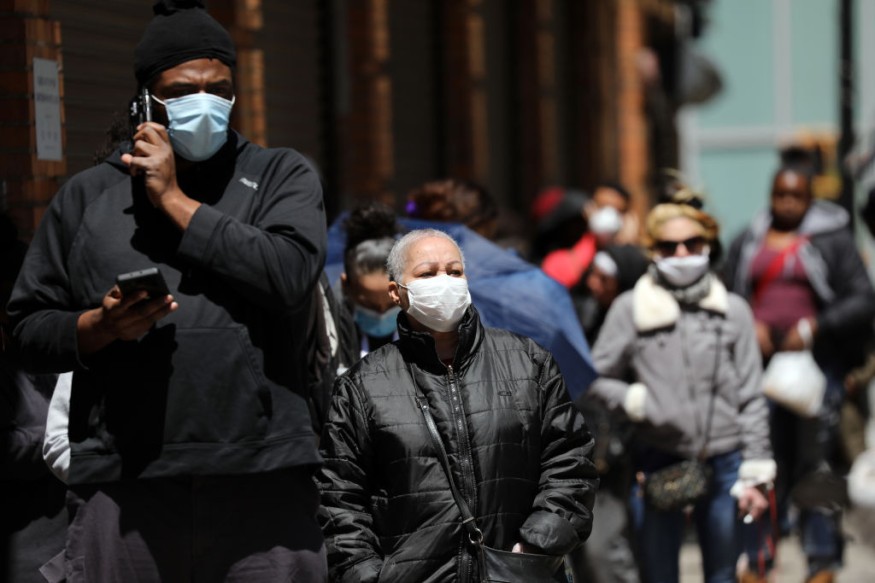European Centre for Disease Control and Prevention (ECDC) reported that COVID-19 cases have steadily risen over the previous five weeks as the "start of a widespread wave." Hence, the health agency is now hastening its efforts to address the issue.
According to Irish Times, COVID-19 notification rates "remain high" and have risen over the previous five weeks in the European Union and European Economic Area.
The rates for individuals 65 and older increased in 23 of the 27 reporting nations.

COVID-19 Omicron's Subvariant BA.5 Surges in Europe
The COVID-19 Omicron strain's super-transmissible subvariant, known as BA.5, is causing a recent rise in infections, with instances rising throughout the UK and the continent.
ECDC warned that another wave of the disease is just starting and noted that COVID-19 admissions to intensive care units are increasing in Europe.
The easing of travel restrictions and the resurgence of large-scale public gatherings like music festivals contribute to the virus's spread. Since testing has been drastically reduced in most nations, cases may already be far higher than the numbers indicate.
However, governments have since abandoned the original Covid playbook and are reluctant to impose stricter mask laws, place restrictions on crowd sizes, or reinstitute vaccination and testing requirements for travel. The majority are advocating for more booster shots for at-risk people, relying on Europe's comparatively high immunization rates to continue reducing mortality.
According to the timing of the increase, COVID isn't yet a seasonal illness like the winter flu. According to Martin McKee, professor of European public health at the London School of Hygiene and Tropical Medicine, consecutive waves of increasingly more contagious strains demonstrate that it is unclear what enduring the virus will entail.
"This isn't like seasonal influenza," McKee said in an NDTV report.
He added that there's no guarantee that the current vaccines will continue to be effective against future variants.
According to McKee, experts are seeing a new COVID-19 surge every few months. Hence, they reconsider where the experts want to take this.
Even though these increases are still recent, the ECDC stated that they mark the start of a widespread wave driven by the BA.4 and BA.5 variants of concern. The Omicron variant is another name for these types.
While there is currently "no evidence" that these mutations cause illness to be more severe than other variants, it was noted that increased transmission among older age groups is beginning to produce severe disease.
What Did ECDC Suggest to Prevent More Surge
ECDC released new recommendations this week to combat the summer spike, advising adults over 60 and medically vulnerable individuals of any age to think about getting a second booster rather than waiting for a shot modified to be more effective against the current variants.
Given that most patients in that age bracket received their initial boosters more than three to six months ago, Andrea Ammon, director of the ECDC, believes that protection against serious illness may be dwindling.
In the UK, the government announced on Friday that it would expand the Covid booster injection program, starting in the fall, to cover everyone 50 and older. According to the most recent poll, the infection rate is increasing. It has reached its highest level in England since April.
RELATED ARTICLE : Volunteer for Pfizer's Experimental COVID-19 Vaccine Shares Side Effects from Trial
Check out more news and information on COVID-19 in Science Times.
© 2026 ScienceTimes.com All rights reserved. Do not reproduce without permission. The window to the world of Science Times.












